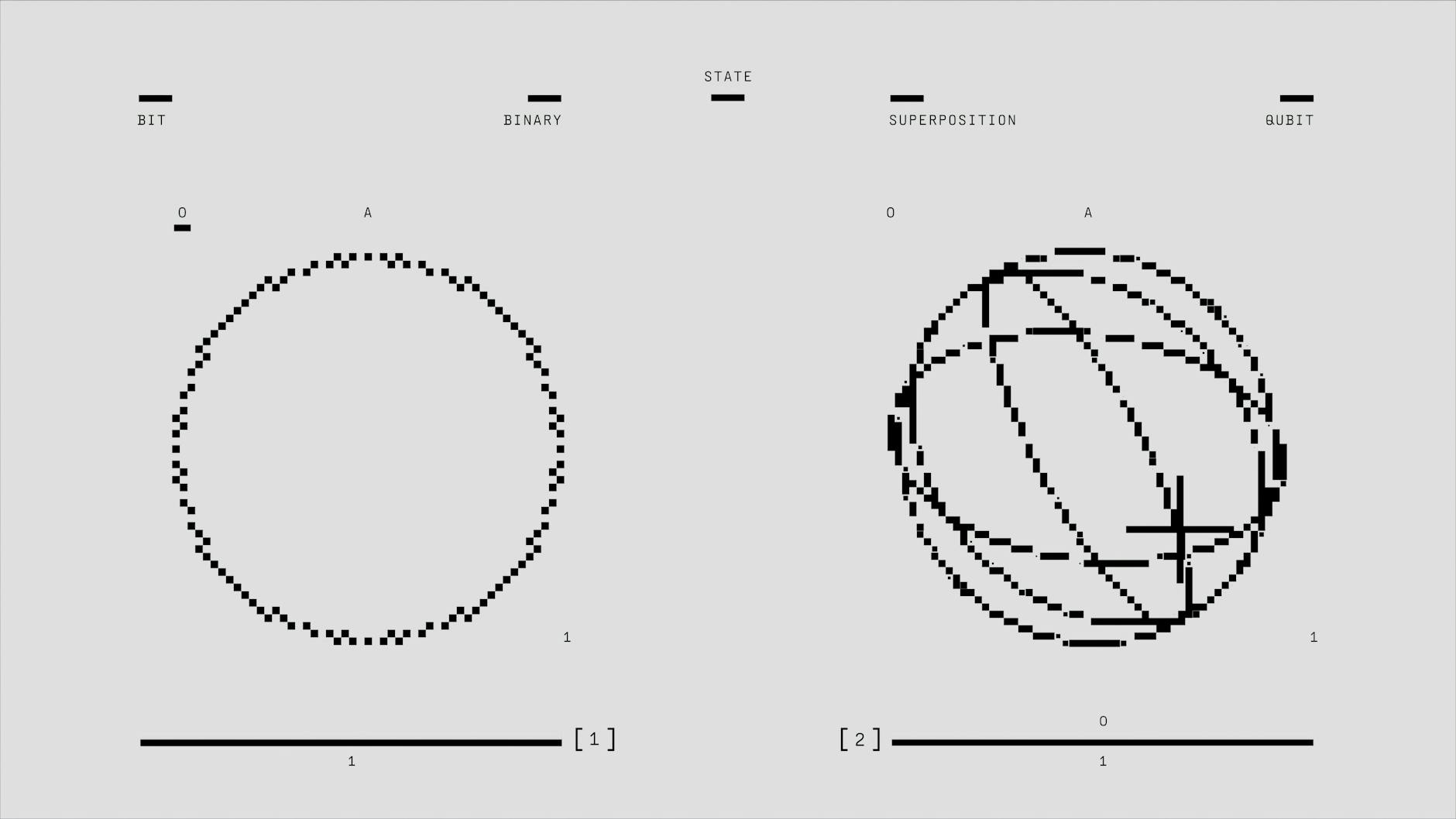The Rise of Quantum Computing: Unlocking Unprecedented Possibilities

Exploring the Potential of Quantum Computing
Quantum computing has been a hot topic in the tech world for some time now. Unlike classical computers that use bits, which represent either a 0 or a 1, quantum computers use qubits, which can represent both 0 and 1 simultaneously thanks to the principles of superposition and entanglement.
This unique capability opens up a world of possibilities for solving complex problems at speeds that were previously unimaginable. With applications in cryptography, drug discovery, optimization, and more, quantum computing has the potential to revolutionize various industries.
Challenges and Progress in Quantum Computing
Despite the promising outlook, quantum computing is still in its early stages of development. One of the biggest challenges is maintaining the fragile state of qubits, which can easily decohere due to interference from the environment. Researchers are working tirelessly to improve qubit coherence and error rates to make quantum computers more reliable.
Recent advancements in quantum hardware and software have showcased significant progress in this field. Companies like IBM, Google, and D-Wave are actively pursuing breakthroughs in quantum computing technology, bringing us closer to realizing the full potential of quantum computers.
Implications for the Future
As quantum computing continues to evolve, it holds the promise of solving problems that are currently intractable with classical computers. From simulating complex systems to optimizing supply chains, the impact of quantum computing on society could be profound.
It's clear that we are at the dawn of a new era in computing, where quantum technology will play a key role in shaping the future. By harnessing the power of quantum mechanics, we are poised to unlock unprecedented possibilities that will drive innovation and accelerate scientific discovery.





